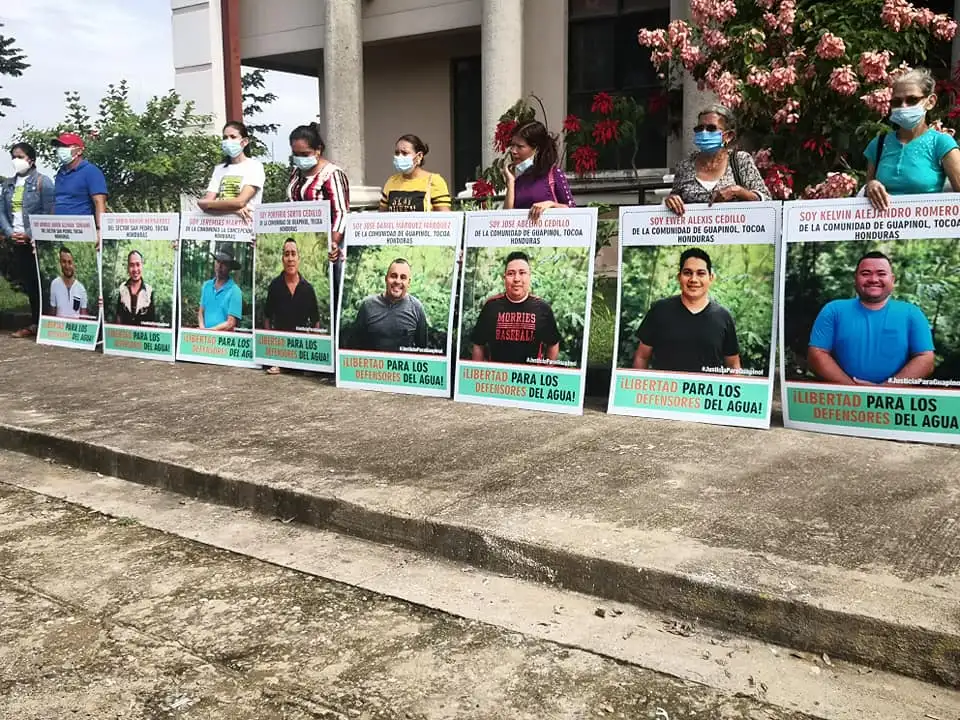
Open Letter: Protect Honduras’s Endangered Environmental Activists
IPS joins an international coalition condemning the assassination of environmental leaders in Honduras.

IPS joins an international coalition condemning the assassination of environmental leaders in Honduras.
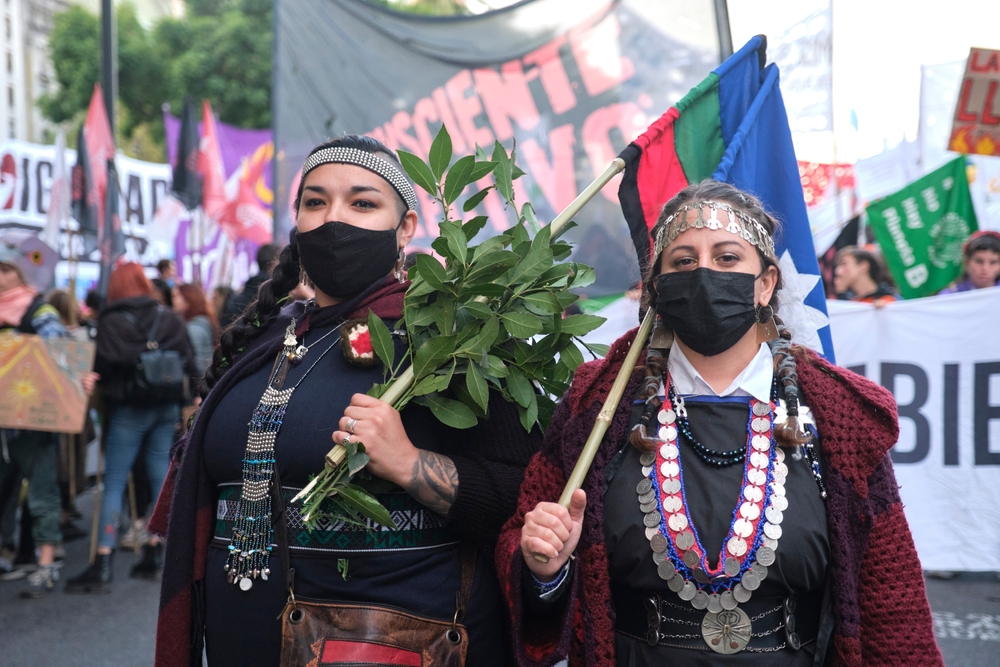
In Patagonia, an Indigenous community’s fight against repressive mining interests mirrors struggles across the hemisphere.

Feeling bleak? Well, 2021 wasn’t all bad — here are a few astounding things ordinary people won at home and abroad.
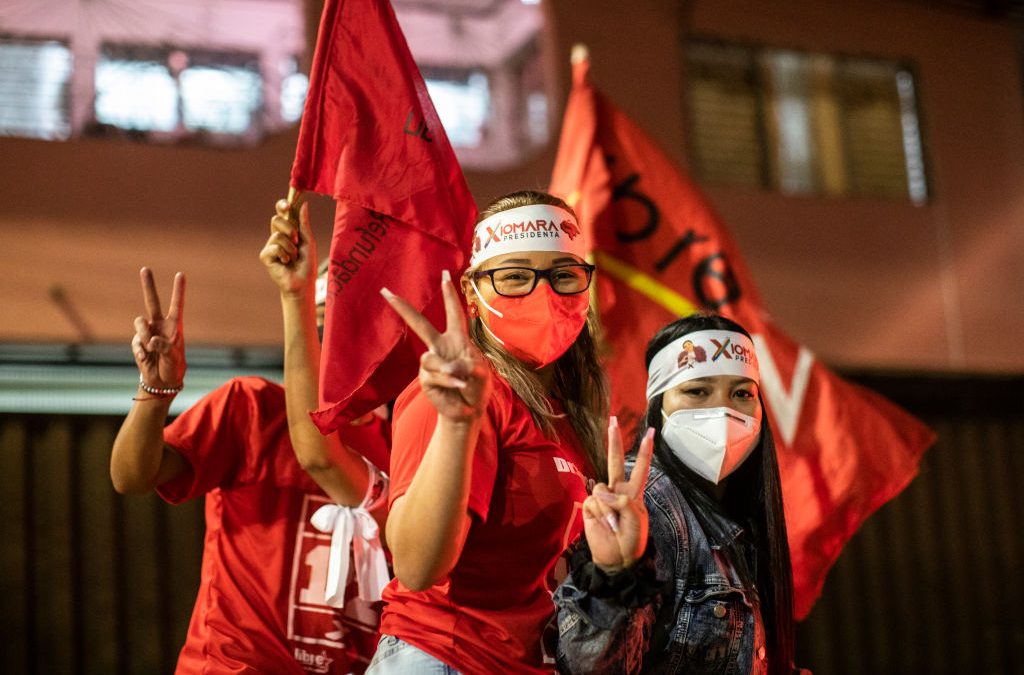
The last decade saw democratization in El Salvador and brutal repression in Honduras. Suddenly, those trends appear to have reversed.

The victory of Xiomara Castro in Honduras is a sign that region is ready to exit its lost decade.
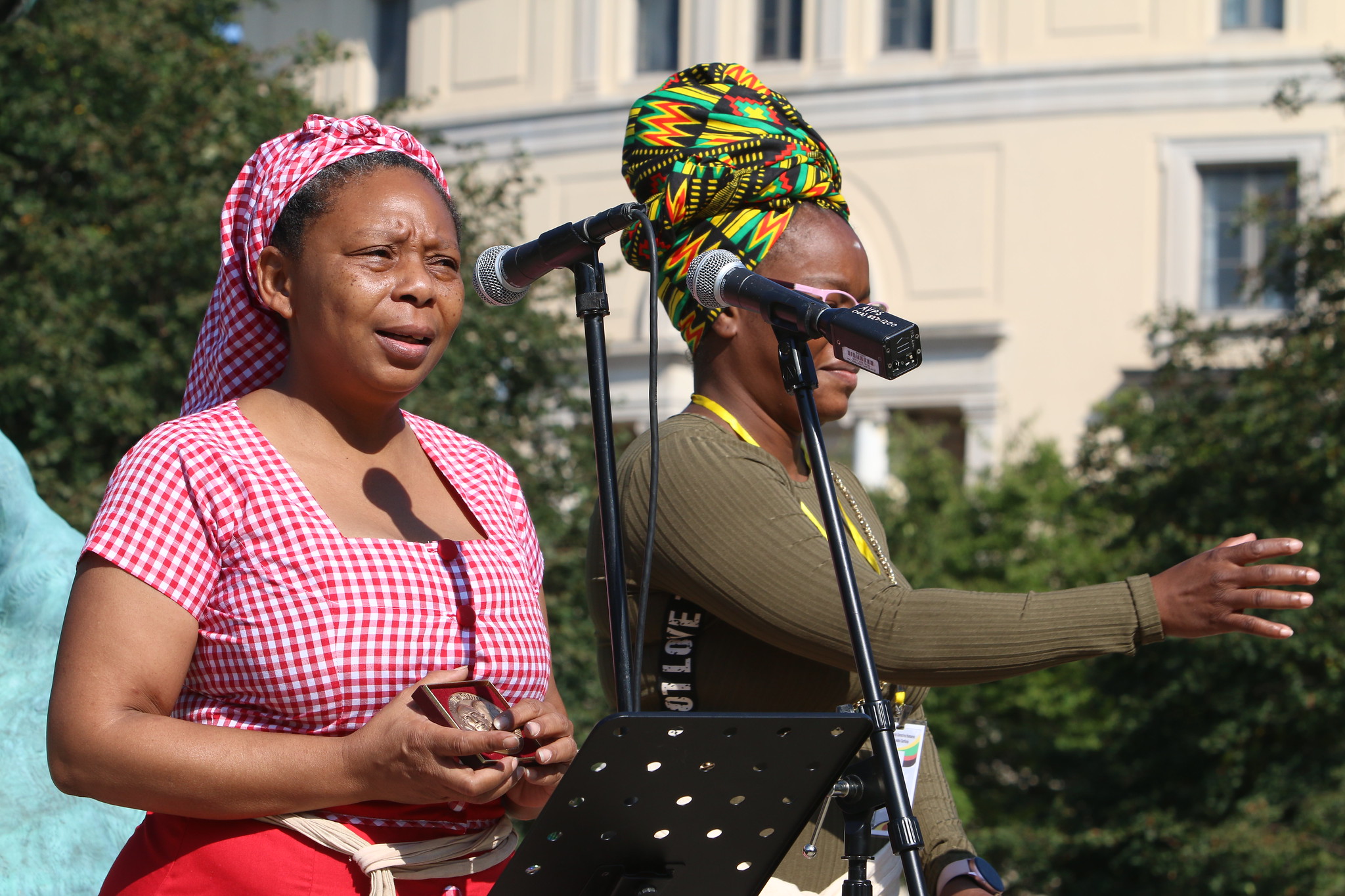
Este año, IPS honró a las defensoras y los defensores de territorio hondureños Afro-Indígenas, OFRANEH, con nuestro Premio Internacional LM de Derechos Humanos. Todavía estamos celebrando su resistencia.

This year, IPS honored the Afro-Indigenous Honduran land defenders OFRANEH with our International LM Human Rights Award. We’re still celebrating their resiliency.
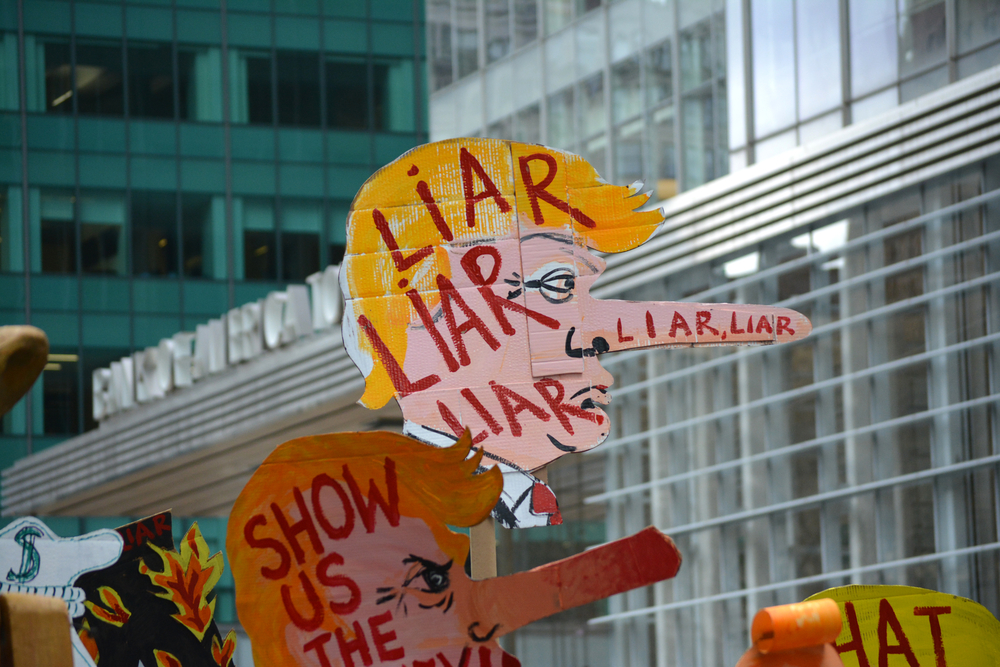
Reporters know the president is telling racist lies to rile up his base. Why won’t they just say that?
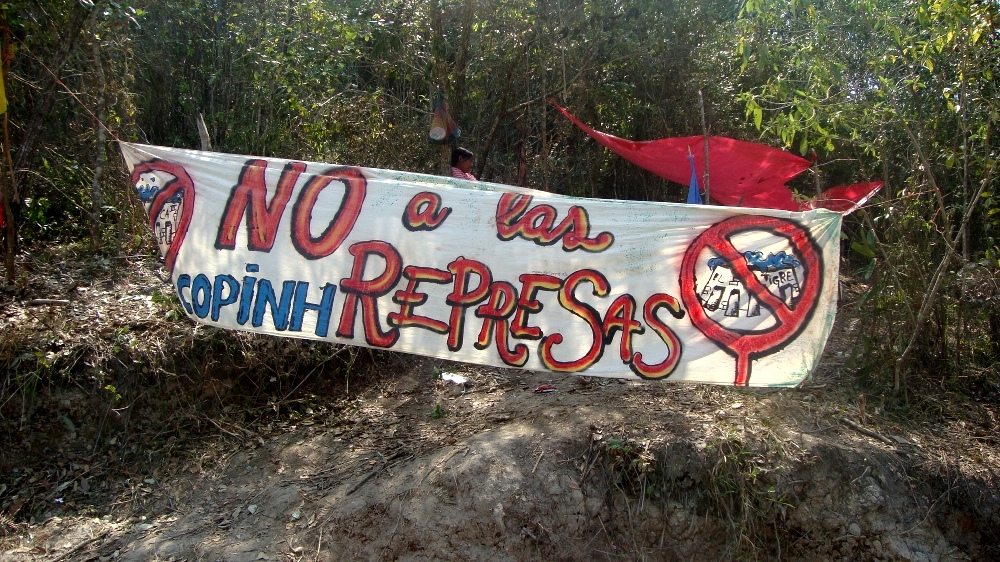
In the face of silence from Washington, the Clinton-backed coup government in Honduras is mopping up activists for democracy and indigenous rights.
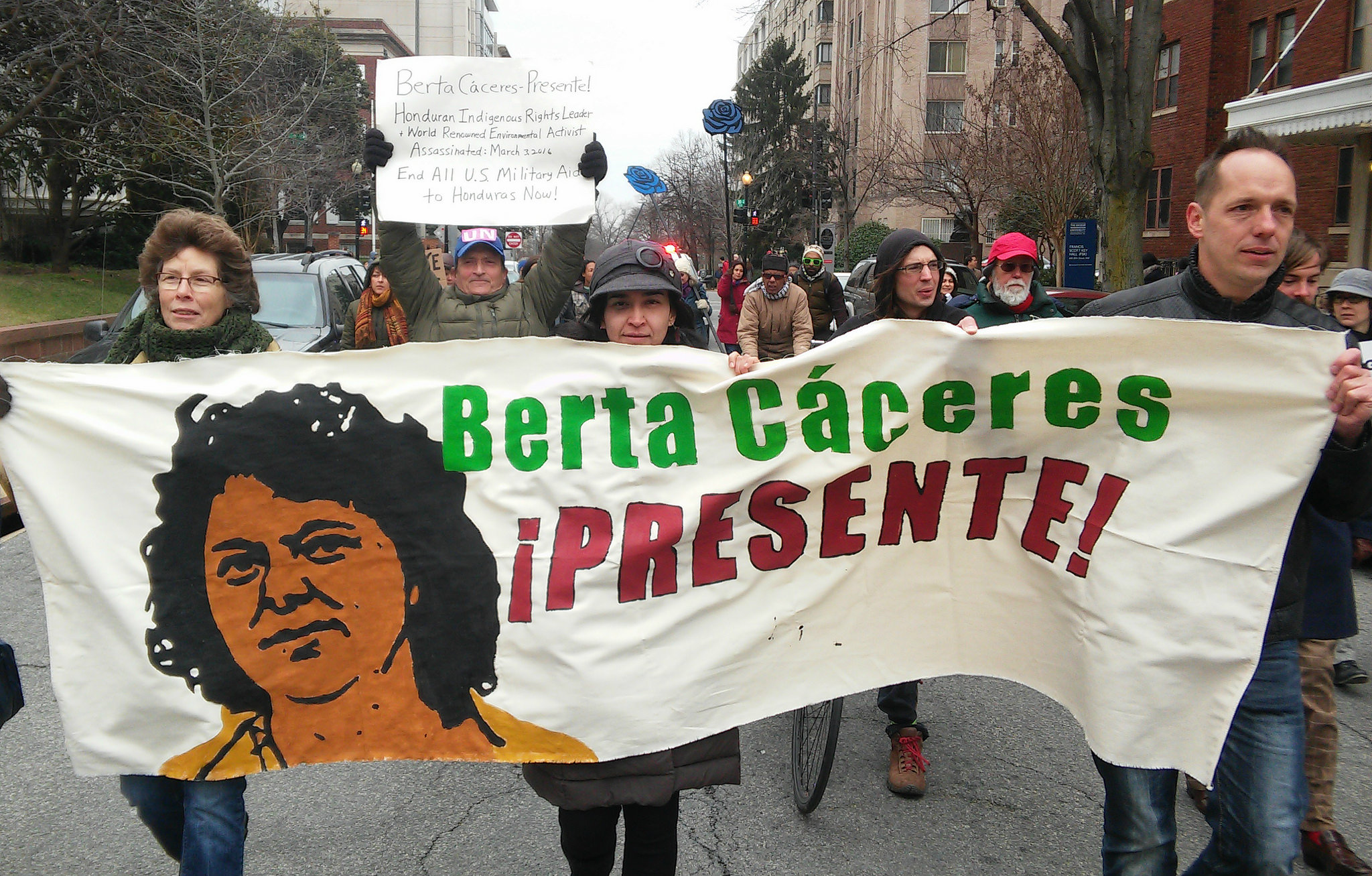
A culture of impunity, misguided U.S. policy that has pursued expediency above principle, and an unwillingness of Honduras’ political elites to reform their institutions of justice and governance are all to blame.
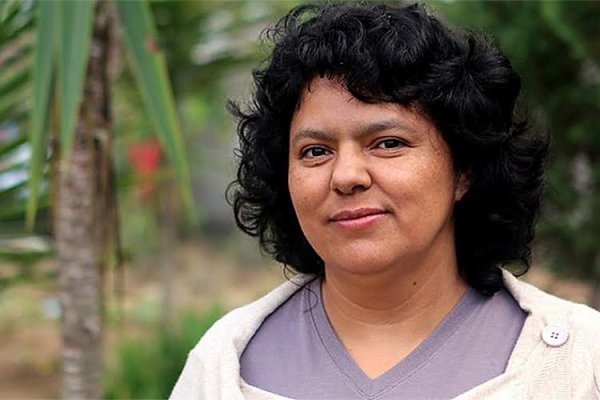
Over 200 Organizations Call on Secretary Kerry to Support Independent Investigation into Murder of Honduran Environmental and Indigenous Rights Activist Berta Caceres.
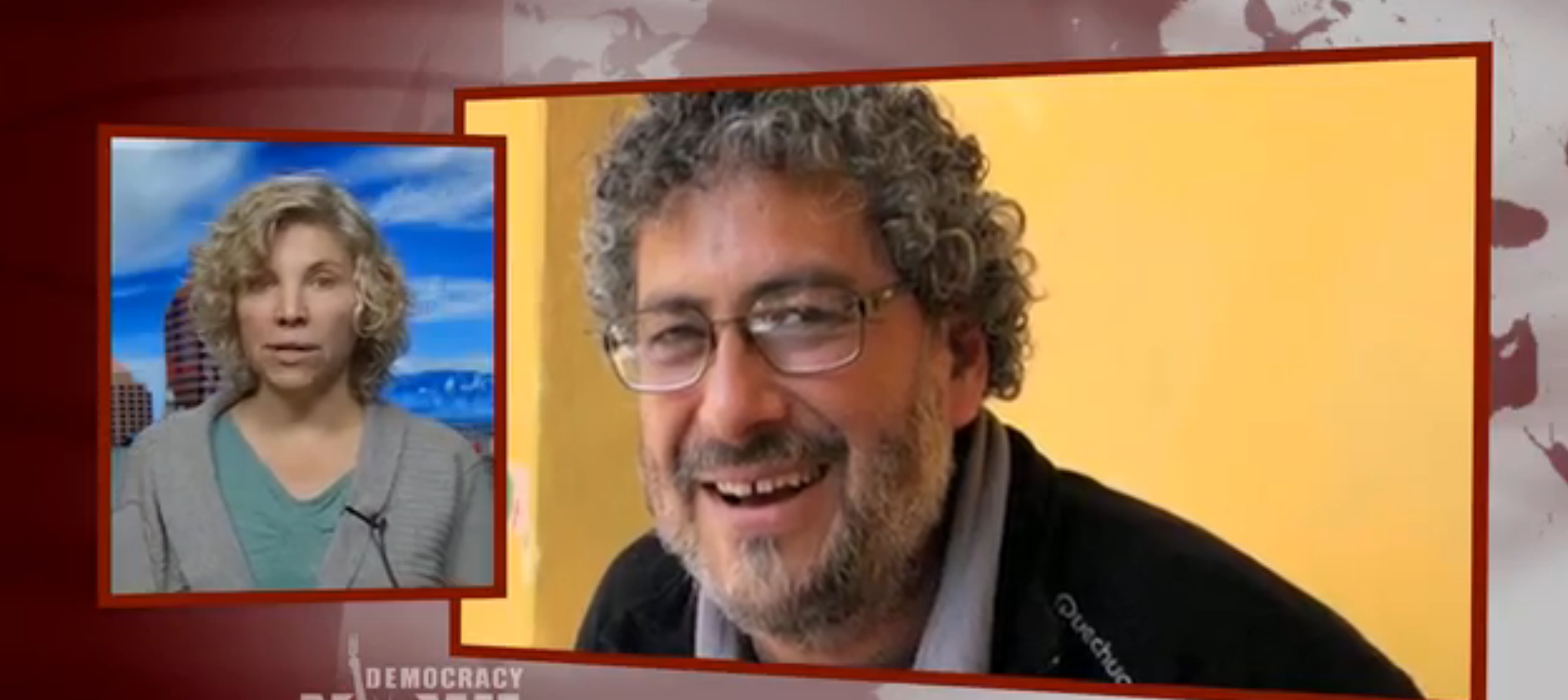
IPS associate fellow Beverly Bell says this is not just a horrible human rights crisis in Honduras, it’s also a battle for the future of Central America.
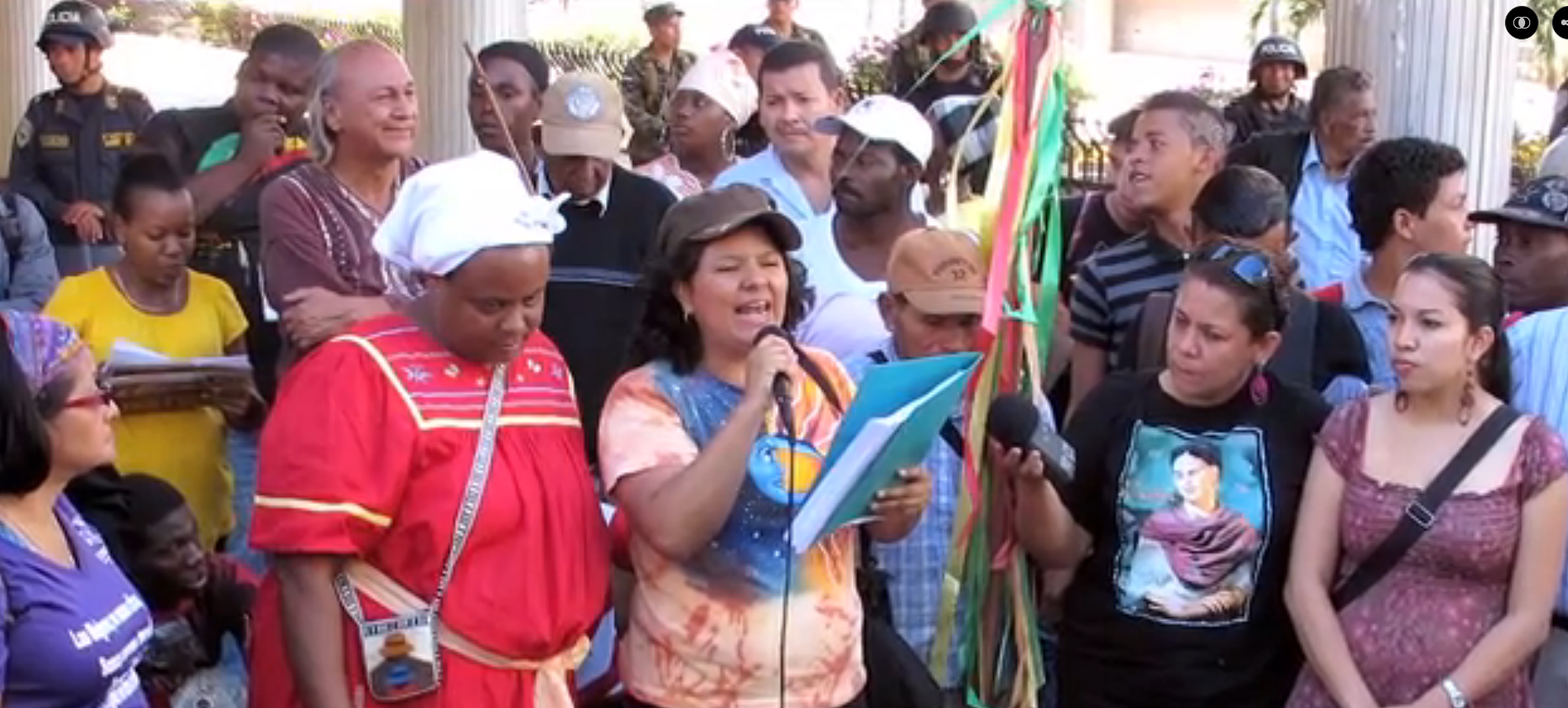
IPS’ Beverly Bell says Cáceres was killed because she was working for a wholly new form of governance in Honduras – true participatory democracy that empowered those who have always been left on the margins.
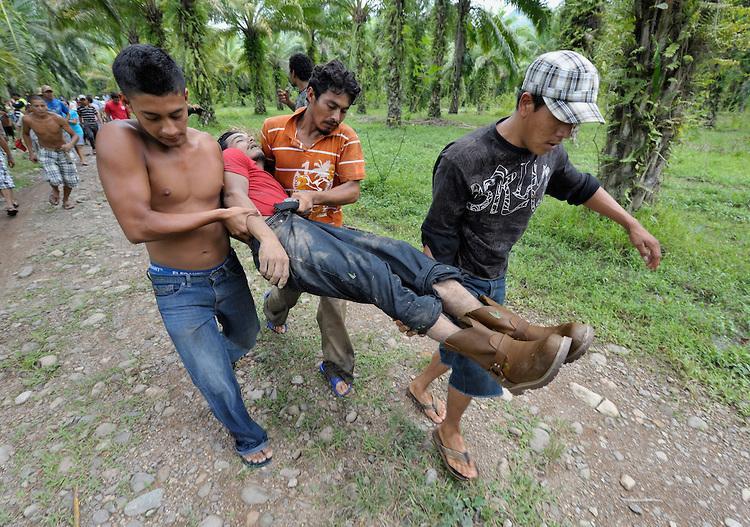
The carbon trade doesn’t just fail to address climate change. In countries like Honduras, it funnels cash to notorious human rights abusers and threatens vital resources.
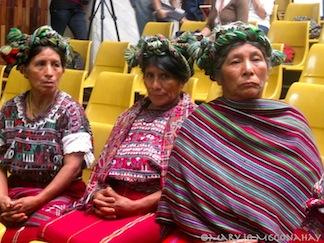
Thirty years after Rios Montt’s atrocities, U.S. military policy in Latin America remains a human rights disaster.